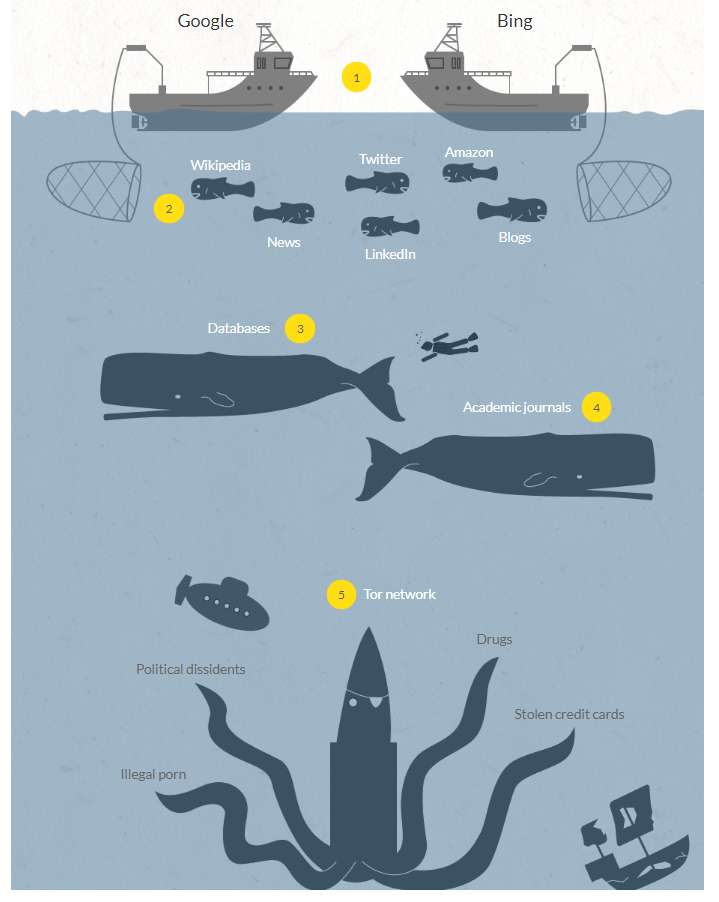Read, read, read…Just like a carpenter who works as an apprentice and studies the master.
William Faulkner
The Association of Colleges and Research Libraries has wisely suggested that you apply strategy to your search for information. This is not surprising because without a strategy, a game plan, searching for information can feel aimless.
Strategy foregrounds the importance of conscious consideration of a number of concepts, such as Scope, Rhetoric & Context; Serendipity & Flexibility; and Knowledge of Different Search Tools and Search Techniques. Strategy is about being nimble and smart rather than worn down to the bone.
And strategly also relies on self-reflection.
- Scope, Rhetoric & Context: The value of information, how it is used, is deeply rhetorical. When first examining your rhetorical context, analyze whether your readers are receptive to personal observation. Alternatively, do they expect textual research or experimental study?Thus, it’s essential that you evaluate what your readers know about your topic. What types of information would your audience find persuasive? How contentious or emotional is the topic? How much time do you have?
- Serendipity & Flexibility: Be open to exploring information resources you may be unfamiliar with, such as subject-specific databases, discussions with experts, or just browsing and tracing footnotes from article to article.
- Knowledge of Different Search Tools and Search Techniques. Are you cognizant of the limitations of a Google Scholar Search vs. a search on Web of Science or JSTOR? Do you know the difference between the Open Web, the Deep Web, and the TOR Network?
Some people erroneously believe that most important articles and books are available via Google or Google Scholar. And it is certainly true that tools such as Google Scholar provide unprecedented access to information.

However, to access quality resources such as peer-reviewed journals or ebooks, you need to pay for that access (or be fortunate enough to attend institutions that pay the fees to database vendors like Elsevier, Web of Science, JSTOR, Humanities Full Text).
Open Web & Critical Literacy
When researching on the free web, it is always important to approach resources with a critical eye – questioning what you read is a crucial part of being able to separate the useful information on the web from the junk. Additionally, it is important to remember that different domain names mean different things for where the information comes from.
What are some questions I can ask when evaluating the purpose of a resource?
What do you think the purpose of the site is?
- education?
- entertainment?
- sales?
- recruitment?
- propaganda?
While any writing has the potential to represent some level of bias, you can use this chart to pick and choose what kind of organization you get your information from in some cases:
| Domain | What It Means | Who Uses It? |
| .com | Commercial | This domain was created to be used by for-profit businesses but has expanded to other types of users including individuals, nonprofits, and legitimate newspapers and popular magazine publishers. It is now one of the most popular domain extensions on the web. It is a good idea to remember that websites with this domain name can represent the ideas and interests of a company, and may not offer unbiased research or opinions. |
| .org | Organization | Originally intended for use by non-profit organizations, .org websites often belong to political groups, churches, and charities. .org websites may attempt to influence your opinions, but they aren’t always bad resources. |
| .edu | U.S. higher education | This domain is limited to specific educational institutions such as, but not limited to, primary schools, middle schools, secondary schools, colleges, and universities. In the US, its usability was limited in 2001 to post-secondary institutions accredited by an agency on the list of nationally recognized accrediting agencies maintained by the United States Department of Education. This domain is therefore almost exclusively used by American colleges and universities. |
| .gov | U.S. national and state government agencies | The .gov TLD is limited to United States governmental entities and agencies as well as qualifying state, county and local municipal government agencies. .Gov sites provide access to governmental studies, statistics, facts, and figures. Often, .gov sites are reliable sources of information for many projects: presidents, state parks, etc. |
| .mil | U.S. military | The .mil TLD is limited to use by the United States military. |






